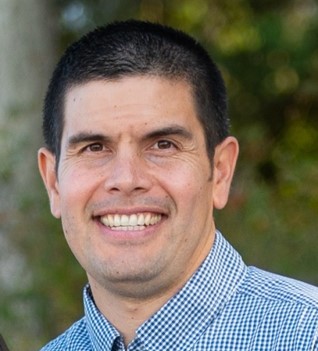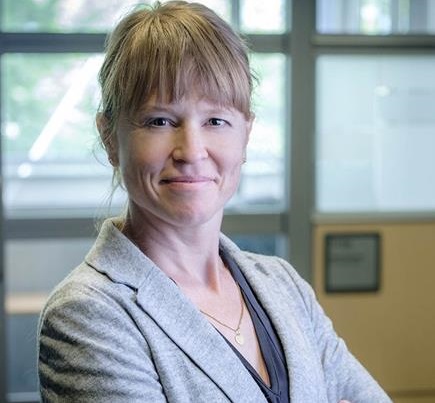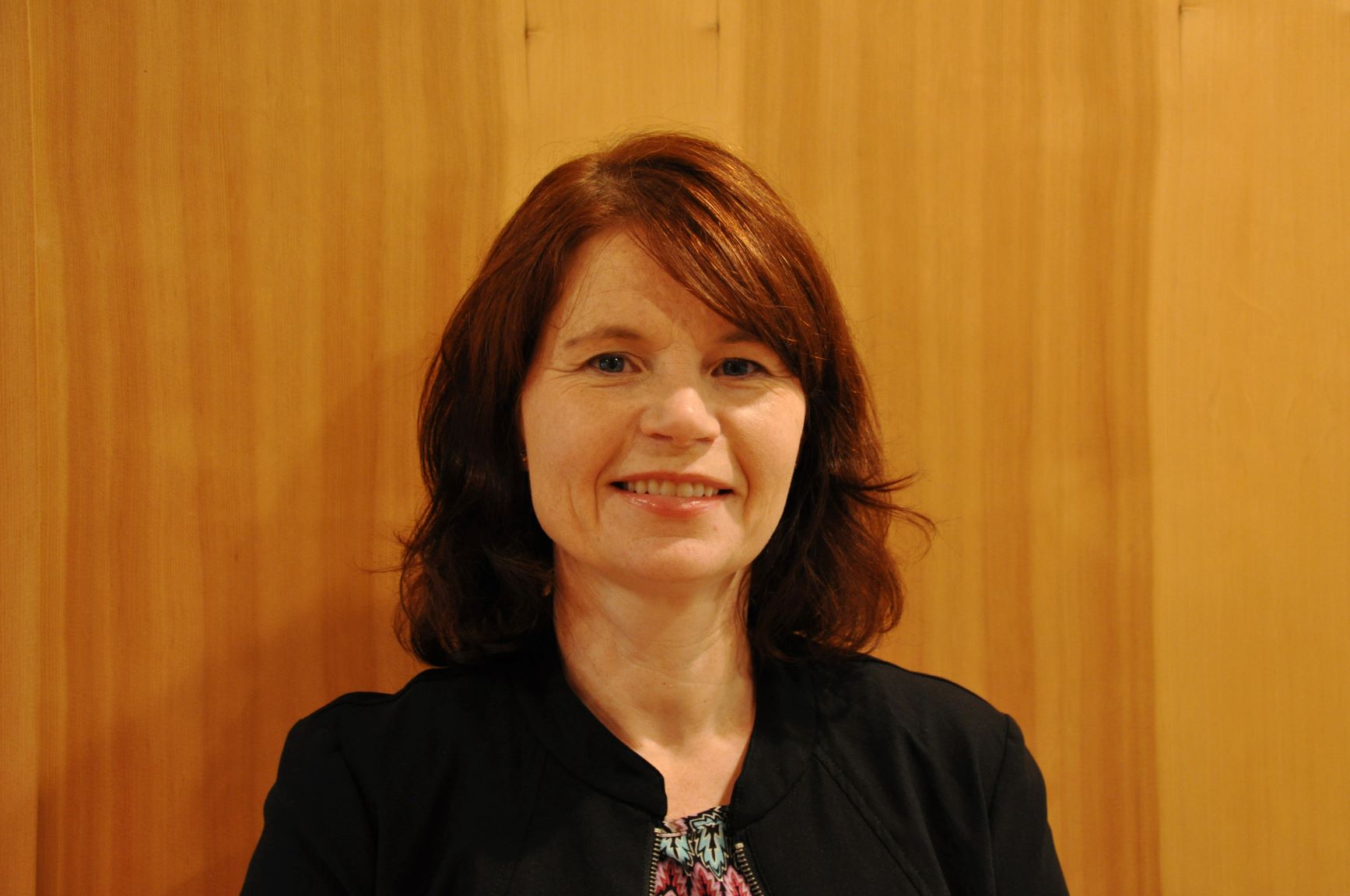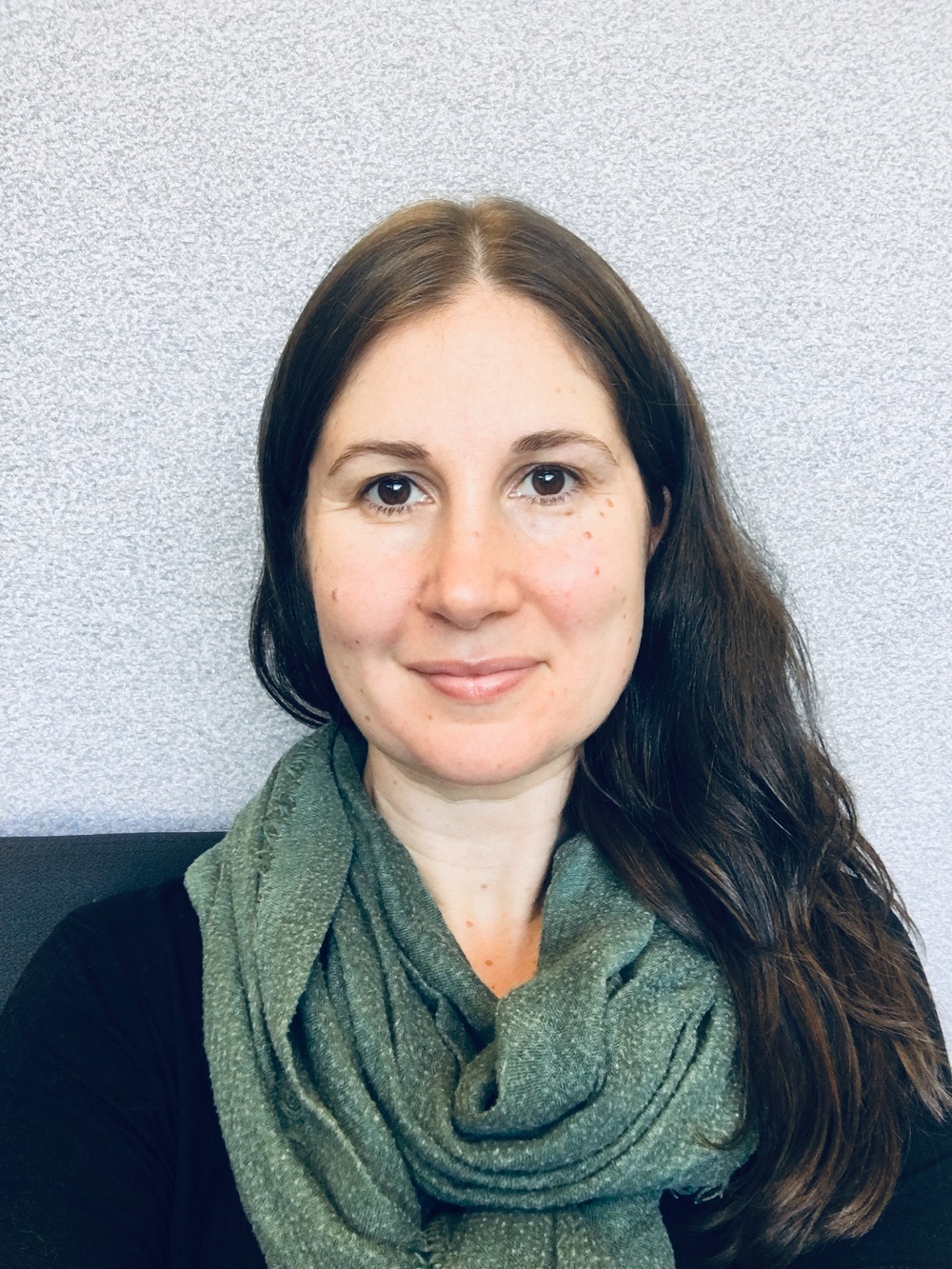 Erin Fraser is a public health veterinarian at the BC Centre for Disease Control. She is a graduate of the University of Guelph and has over 20 years of experience as an epidemiologist, public health veterinarian, researcher, and executive director. She has ten years of leadership experience co-founding and managing Veterinarians without Borders – Canada. She has worked across Canada and internationally with interdisciplinary, multicultural teams to develop programs and projects that address public and animal health issues from zoonotic disease surveillance, prevention, detection, and control, to wildlife health, food security, and factors that affect livelihoods. Her current work at the BCCDC includes surveillance of zoonotic diseases and foodborne pathogens, antimicrobial resistance in companion animals, and climate change and tickborne diseases.
Erin Fraser is a public health veterinarian at the BC Centre for Disease Control. She is a graduate of the University of Guelph and has over 20 years of experience as an epidemiologist, public health veterinarian, researcher, and executive director. She has ten years of leadership experience co-founding and managing Veterinarians without Borders – Canada. She has worked across Canada and internationally with interdisciplinary, multicultural teams to develop programs and projects that address public and animal health issues from zoonotic disease surveillance, prevention, detection, and control, to wildlife health, food security, and factors that affect livelihoods. Her current work at the BCCDC includes surveillance of zoonotic diseases and foodborne pathogens, antimicrobial resistance in companion animals, and climate change and tickborne diseases.
 Stefan Iwasawa is the Project Coordinator for the TCC-3W project at the BCCDC. He is also a project coordinator at the Centre for Coastal Health (CCH). Along with his many years experience as a project manager He has extensive field sampling experience in the collection of ticks from the environment. He also has experience in irrigation and recreational water sampling for FoodNet Canada and retail meat sampling for the Canadian Integrated Program for Antimicrobial Resistance Surveillance (CIPARS). He has worked in the field of veterinary epidemiology since 2008.
Stefan Iwasawa is the Project Coordinator for the TCC-3W project at the BCCDC. He is also a project coordinator at the Centre for Coastal Health (CCH). Along with his many years experience as a project manager He has extensive field sampling experience in the collection of ticks from the environment. He also has experience in irrigation and recreational water sampling for FoodNet Canada and retail meat sampling for the Canadian Integrated Program for Antimicrobial Resistance Surveillance (CIPARS). He has worked in the field of veterinary epidemiology since 2008.
 Muhammad Morshed is a clinical microbiologist and the program head of zoonotic diseases, emerging pathogens and parasitology at the BCCDC Laboratory. He is also a clinical professor in the UBC Department of Pathology & Laboratory Medicine. Dr Morshed received his PhD from the Yamaguchi University School of Medicine (Japan) in 1994. He completed his specialty training at the Research Institute of Tuberculosis in Tokyo and at the College of Natural Resources, University of California (Berkeley).
Muhammad Morshed is a clinical microbiologist and the program head of zoonotic diseases, emerging pathogens and parasitology at the BCCDC Laboratory. He is also a clinical professor in the UBC Department of Pathology & Laboratory Medicine. Dr Morshed received his PhD from the Yamaguchi University School of Medicine (Japan) in 1994. He completed his specialty training at the Research Institute of Tuberculosis in Tokyo and at the College of Natural Resources, University of California (Berkeley).
Sunny Mak is a Medical Geographer with the British Columbia Centre for Disease Control (BCCDC). He uses geographic information systems (GIS) mapping and spatial analysis to support disease surveillance, outbreak investigations and research. His research expertise includes the development of spatial risk models for vector-borne (e.g. Lyme disease and West Nile virus) and environmental diseases. Sunny received his BA and MSc in Geography from the University of British Columbia.
 Michael Otterstatter
Michael Otterstatter
was a senior scientist and epidemiologist at BCCDC. He is also an assistant clinical professor in the UBC School of Population & Public Health. Michael holds a doctorate from the University of Toronto (2007), as well as MSc (2001) and BSc (1998) degrees from the University of Calgary.
 David Patrick is Director of Research and the medical epidemiology lead for antimicrobial resistance at the BCCDC and a professor in the UBC School of Population and Public Health. David is a respected public health leader, researcher and educator with expertise in epidemiology and infectious diseases. He was awarded the Cortland Mackenzie Prize for Excellence in Teaching and the James M. Robinson Award for Contributions to Public Health.
David Patrick is Director of Research and the medical epidemiology lead for antimicrobial resistance at the BCCDC and a professor in the UBC School of Population and Public Health. David is a respected public health leader, researcher and educator with expertise in epidemiology and infectious diseases. He was awarded the Cortland Mackenzie Prize for Excellence in Teaching and the James M. Robinson Award for Contributions to Public Health.
 Eleni Galanis (Past participant) is a physician epidemiologist at BCCDC. She is also a clinical associate professor in the UBC School of Population & Public Health. Eleni obtained her medical degree from the Université de Sherbrooke in 1995 and a master of public health from Harvard University in 1998. She trained in family medicine and community medicine at the University of Toronto, and trained in field epidemiology.
Eleni Galanis (Past participant) is a physician epidemiologist at BCCDC. She is also a clinical associate professor in the UBC School of Population & Public Health. Eleni obtained her medical degree from the Université de Sherbrooke in 1995 and a master of public health from Harvard University in 1998. She trained in family medicine and community medicine at the University of Toronto, and trained in field epidemiology.
Mayank Singal is a Physician Epidemiologist at the BC Centre for Disease Control, where he leads the vector-borne and zoonotics diseases portfolio.
Stephanie Dion (Past participant) is the Public Health Manager for the Communicable Diseases and Immunization Service Line at the BC Centre for Disease Control.
Carl Ribble is a Veterinary Epidemiologist and past Director of the Center for Coastal Health. He received his BSc in Psychology from the University of British Columbia, his DVM and MSc in Herd Medicine from the University of Saskatchewan, and his PhD (with distinction) in Epidemiology from the University of Guelph. He has been on faculty in the Department of Herd Medicine and Theriogenology at the University of Saskatchewan, and in the Department of Population Medicine at the Ontario Veterinary College. More recently, Carl was Professor of Veterinary Epidemiology in the Department of Ecosystem and Public Health at the University of Calgary. He is a member of the Canadian Veterinary Medical Association and the Society for Veterinary Epidemiology and Preventive Medicine.
a Veterinary Epidemiologist and past Director of the Center for Coastal Health. He received his BSc in Psychology from the University of British Columbia, his DVM and MSc in Herd Medicine from the University of Saskatchewan, and his PhD (with distinction) in Epidemiology from the University of Guelph. He has been on faculty in the Department of Herd Medicine and Theriogenology at the University of Saskatchewan, and in the Department of Population Medicine at the Ontario Veterinary College. More recently, Carl was Professor of Veterinary Epidemiology in the Department of Ecosystem and Public Health at the University of Calgary. He is a member of the Canadian Veterinary Medical Association and the Society for Veterinary Epidemiology and Preventive Medicine.
 Theresa Burns is a veterinary epidemiologist (DVM, MSc, PhD). Over her career, Theresa has had the opportunity to use methods from multiple disciplines to understand complex issues at the interface of human-animal-environmental health in Canada and in other countries. She is very interested in fully understanding systems and stakeholder perspectives in order to develop real-world solutions to complex problems.
Theresa Burns is a veterinary epidemiologist (DVM, MSc, PhD). Over her career, Theresa has had the opportunity to use methods from multiple disciplines to understand complex issues at the interface of human-animal-environmental health in Canada and in other countries. She is very interested in fully understanding systems and stakeholder perspectives in order to develop real-world solutions to complex problems.
Helen Schwantje (Past participant) was the wildlife veterinarian for British Columbia. Following graduation from the Western College of Veterinary Medicine, she worked in mixed animal and zoo medicine practice for a few years before obtaining a Master of Science degree in veterinary pathology
 Cait Nelson
Cait Nelson is a Wildlife Health Biologist with the BC Wildlife Health Program, based in Nanaimo on Vancouver Island. She joined the BC Wildlife Health Program in 2006 and now leads priority disease surveillance programs such as Chronic Wasting Disease and Bovine Tuberculosis. Cait is dedicated to working with researchers, agencies, stakeholders, First Nations and the general public to ensure that these groups have access to current and accurate facts on priority wildlife health issues.
